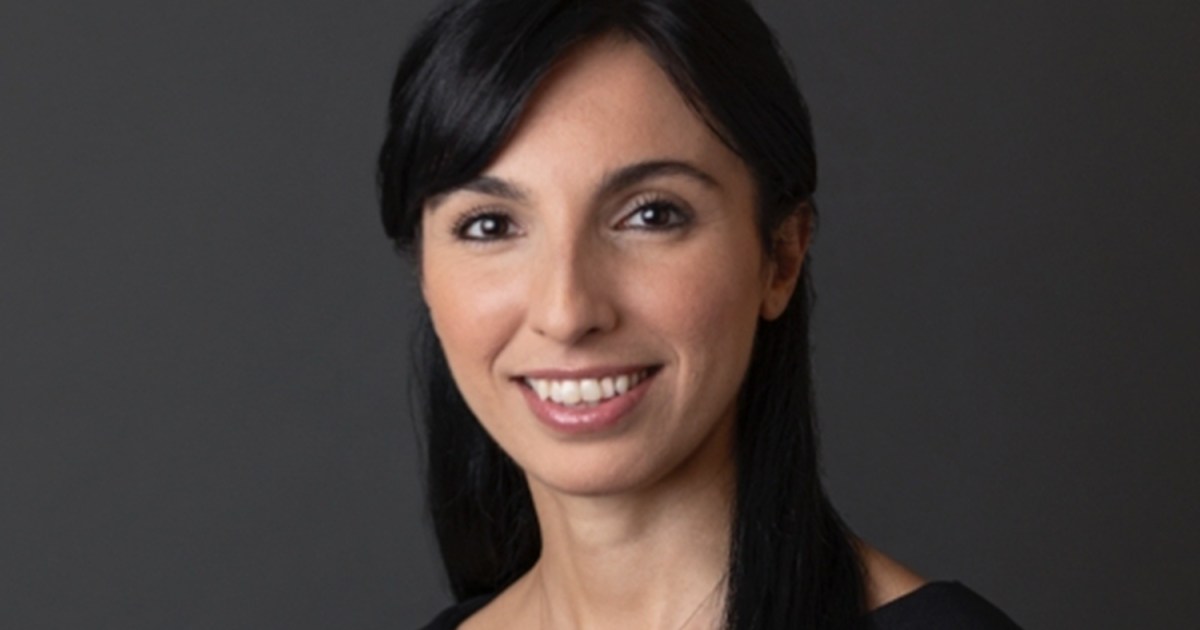Opinion | Why Russian negotiators, oligarchs and exiles are flocking to Turkey
These days there is a different type of Russian influx to the Bosporus. Thousands of fleeing Russians have made it to Istanbul, in the hopes of escaping an economy crumbling under sanctions and a country mesmerized by Russian President Vladimir Putin’s neo-Orwellian spell. Among them are artists, academics and software workers.
“I grabbed the first Airbnb I found,” said a Russian academic I recently met for coffee. In Istanbul, he could call the Russian assault on Ukraine a “war,” but back home, it is a “special military operation” — and anyone saying otherwise risks a 15-year imprisonment.
Russian exiles are not the only ones in town. This week, a delegation of Russian negotiators met with their Ukrainian counterparts in the Dolmabahce Palace, an Ottoman-era administrative building also on the Bosporus. The two sides met several times in Belarus and in video calls, with no concrete results, but Turkish officials who met with both delegations here have seen signs of progress and a new tone from the Russian side. The Russian Defense Ministry said Tuesday it would “drastically reduce” its military encirclement of Ukrainian cities of Kyiv and Chernihiv, focusing instead on the Donbas.
Turkish officials think these small steps could pave the way for a potential meeting between Putin and Volodymyr Zelensky, Ukraine’s charismatic president, within several weeks. Turkish President Recep Tayyip Erdogan has recently said that Putin needs an “honorable exit,” and his advisers believe the gap on some issues is narrowing.
But Ukrainians are skeptical. They fear that Russia is playing nice because it is bogged down in Kyiv and other parts of the country, where Ukrainian resistance has been stiff. They believe Russia’s gesture is intended to slow down Ukrainian military progress in reclaiming some key towns, and that Russians want a respite only to resupply and receive a new round of scheduled recruitments in mid-April.
The truth is probably somewhere in the middle: Russians still have military goals they hope to achieve and the war is far from over, but progress has also been made on some important issues. The secret ingredient for any cease-fire deal will probably have to be tacit U.S. engagement — the Biden administration signaling that the end of war would bring conditional, incremental sanctions relief to Russia. And that’s still not on the table.
Dissidents and official delegations are not the only Russians in town. Russia’s politicians and oligarchs — and their boats — are slowly showing up, too. A yacht reportedly linked to former Russian prime minister Dmitry Medvedev recently docked at an Istanbul marina — incidentally, a stone’s throw away from where Russians and Ottomans signed an armistice ending the 1877-1878 Russo-Turkish War, with Turks having to sign away what is now Bulgaria.
Then there is Roman Abramovich, the sanctioned Russian oligarch who somehow made his way into the peace talks. Turkish officials say Abramovich has been helpful in making this week’s meeting happen and has been treated in a Turkish hospital for suspected poisoning. Meanwhile, his two superyachts docked in Turkish ports on the Mediterranean in recent days.
There is no denying that Ankara seems eager to provide a safe haven for Russian oligarchs, their boats and their money. Erdogan said this week, “We will keep our doors open to the capital groups that would like to park their potential in Turkey,” leaving no mystery about Turkey’s intentions. Foreign Minister Mevlut Cavusoglu said, “If it is legal and it is not against international law, I will consider [it].”
At the outset of the war, Ankara’s balancing act between Russia and Ukraine seemed like a risky gambit, with Turkey selling armed drones to Ukraine while trying to preserve its uneasy partnership with Putin. Turks felt vulnerable toward Moscow, worried about their fragile economy and braced themselves for turbulent times.
But for all its tragedy, the war itself seems to have eased Turkey’s dilemma. It has provided new capital for the creaky Turkish economy, a new opportunity to mend Turkey’s ties with the West and a new role for Turkey’s president offering good offices to both sides in the conflict. For once, Turkey has managed to maintain a delicate geopolitical balance. Perhaps, if one side or the other pushes toward victory, or the West tires of Turkey’s semi-neutrality, Ankara will once again lose its balance.
But for now, the gentle Slavic hum coming from the various Russians strolling along the Bosporus sounds sweet to Turkish ears.




